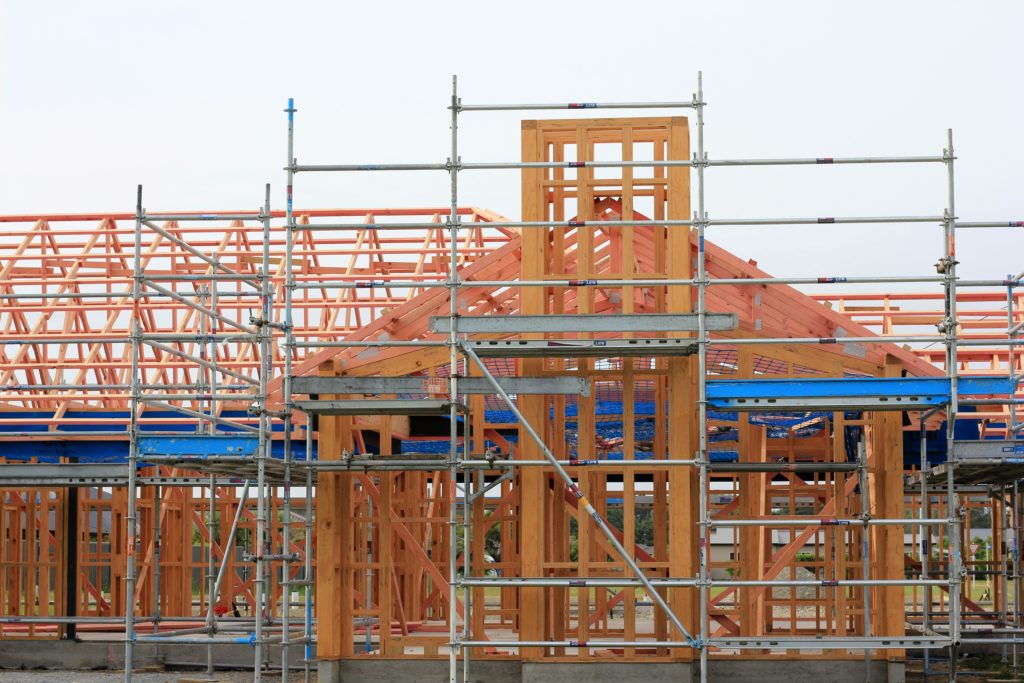The number of sites that gained planning permission in 2023 dropped to the lowest level for a 12-month period since The Housing Pipeline Report began in 2006.
The 10,527 sites were granted permission in 2023 – a 16 per cent decrease on 2022 and a 23 per cent fall on 2021.
The volume is about half the average annual permissions granted between 2015 and 2019, according to the report by market intelligence consultancy Glenigan for the Home Builders Federation, HBF.
HBF, chairman Stewart Baseley said: “Amidst a deepening housing crisis and with house building levels already falling sharply, this report should send alarm bells ringing across government and the country.
“As we have been warning for some time, the sharp decline in housing supply is the inevitable result of several years of anti-growth policy and rhetoric. The politically driven weakening of the planning system will impact housing supply for years to come and needs to be urgently reversed.”
The number of units gaining planning permission in England during 2023 dropped to the lowest for any 12-month period since 2014.
At under 233,000, the number of units approved in 2023 decreased by a fifth on 2022, 27 per cent on 2021 and was down 30 per cent on pre-pandemic levels.
The figures follow hard on the heels of government data which show a 13 per cent year-on-year decrease in house completions in southern England in 2023.
Making housing targets discretionary has led to fewer local plans
The Competition and Markets Authority’s investigation into housebuilding noted that councils’ local plans were crucial for gauging the number of permission approvals needed to meet housing need.
The HBF has pointed out that since housing and levelling up secretary Michael Gove’s decision to make housing targets ‘discretionary’ last Autumn, 64 councils have paused or withdrawn their plans.
The number of plans adopted last year was the lowest for a decade. Planning consultancy Lichfields’ research points to the fact that this could cause a drop of 77,000 homes a year.
The trade body said most councils who have done this are concentrated in southern England and accused Mr Gove of pandering to ‘nimbyism’.
The Housing Pipeline Report shows the number of units approved in 2023 was the lowest since 2015 in the Southeast, the lowest since 2013 in London and the lowest since 2012 in the Southwest. Year-on-year, each of these regions saw falls of 13, 26 and 18 per cent respectively. The same regions have already seen annual falls of more than ten per cent in new build completions.
Unit approvals for the North of England dropped 18 per cent for 2023 compared to 2021, 23 per cent for the Midlands and 28 per cent for the South of England.
Brokers Hank Zarihs Associates said development finance lenders were concerned the planning process had become so complicated and underfunded causing unacceptable delays for SME housebuilders.
Developers were disappointed the chancellor Jeremy Hunt failed in last week’s budget to help first-time buyers with getting a deposit together to enable them to get their foot on the property ladder.
They argue this is a further blow to the government’s target of building 300,000 a year by the mid-2020s.
The construction industry is also blaming Natural England’s policy on maintaining nutrient neutrality of rivers across different parts of England for halting 150,000 new homes. They argue that intensive farming rather than housebuilding is the main pollution culprit.

